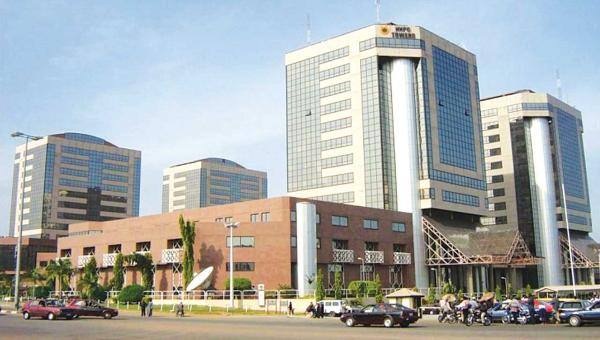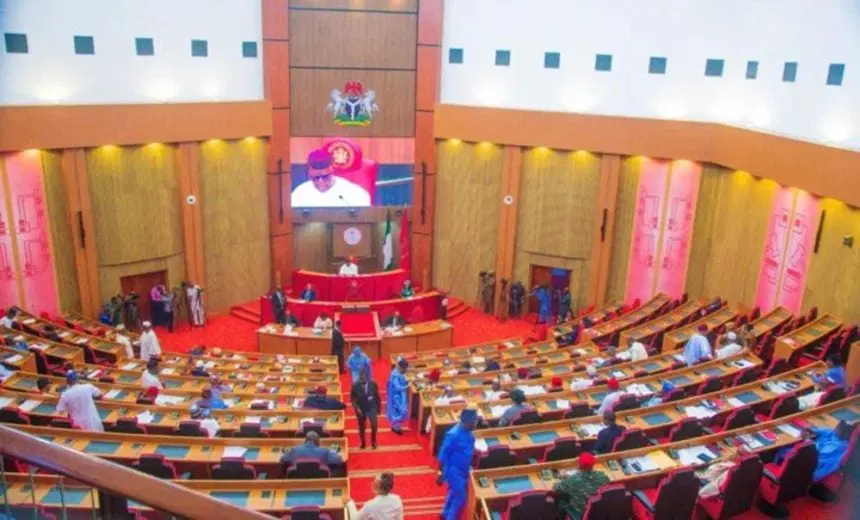
The successful transformation of the Nigerian National Petroleum Company (NNPC) Limited will undoubtedly increase its efficiency and transparency in 2022.
The national oil company has witnessed many changes and transformation through the decades. From its take-off on 1st April 1977 as a merger of the Nigerian National Oil Corporation (NNOC) and the Federal Ministry of Petroleum and Energy Resources, the NNPC, now re-christened Nigerian National Company (NNPC) Limited, has been on a train of transformation designed to re-invent the entity for greater efficiency and value creation.
NNPC, in a document obtained by The Guardian, said already, the changes and the unprecedented deluge of reformations in 2021 speak volume when compared with previous attempts to restructure the corporation in the past.
With the new Petroleum Industry Act (PIA) the corporation would become a commercialised national oil company that entrenches Transparency, Accountability and Performance Excellence otherwise known as TAPE in NNPC.
“TAPE is widely promoted as a strategic roadmap for NNPC to attain efficiency and global excellence with a view to placing the Corporation on the path of profitability. It is also envisaged to transform NNPC and enhance its potential and capacity to compete with other National Oil Companies around the world.
“This strategy is designed to make NNPC more operationally transparent and accountable, benchmark NNPC against established global best practices and establish the right cost optimization structure among other derivatives,” it stated.
Recounting the successes of last year, the Group Managing Director, NNPC, Mele Kyari, said the national oil company has been transformed into a more competitive and commercial entity, which would continue to deliver value and dividends to its shareholders.
Kyari said the PIA has provided several opportunities to attract investment to the sector, which NNPC and its subsidiaries would take advantage of to increase their profitability.
The NNPC boss said the declaration of N287 billion profit in 2020 by the corporation was a testimony to the management’s cost effectiveness.
In 2021, he said that the drive for efficiency, effectiveness, and accountability within the new NNPC Ltd yielded immediate results with the organisation’s posting profit for the first time in 44 years.
The corporation promised to leverage on the 2021 achievement to achieve more robust operational excellence in 2022. It listed some of the successful projects to include: the Final Investment Decision (FID) on $3.6 billion methanol plant in Bayelsa; execution of a $260 million funding agreement for ANOH Gas Processing Company Limited (AGPC) among the NNPC, Seplat and a consortium of seven banks; launch of Nigerian Upstream Cost Optimization Programme (NUCOP); award of $1.5 billion contract for rehabilitation of Port Harcourt refinery; commercialization of OML 143 gas; and execution of OML 118 (Bonga) Agreements between NNPC and partners.
Others are shareholder agreement for Brass Petroleum Product Terminal (BPPT); EPC contract to build Maiduguri Emergency Power Project where NNPC partnered China Machinery Engineering Company (CMEC) and General Electric (GE) to execute Engineering, Procurement Construction (EPC) contract for the procurement of equipment for a 50 MW emergency power project in Maiduguri, Borno State.
In year 2021, the corporation said it was able to sustain supply of petroleum product as it leveraged on its existing Direct-Sales-Direct-Purchase (DSDP) product supply arrangement to stop the incessant disruptions of petroleum product supply affecting the country.
On the Final Investment Decision (FID) for the $3.6 billion methanol plant in Bayelsa, the corporation said the facility which would be the largest methanol plant in Africa and the first in Nigeria, would create 35,000 direct and indirect jobs and additional 5,000 permanent jobs during the operations phase.
The plant, an integrated methanol and gas project in Odioma, Brass Island, Bayelsa State, which is scheduled to come into operation in 2024, is expected to produce 10,000tons of methanol daily.
It, however, expressed its commitment to the construction/rehabilitation of 21 roads under Federal Government’s Road Infrastructure Development and Refurbishment Investment Tax Credit Scheme.
The Federal Executive Council (FEC) had approved N621.2 billion for NNPC to take over the reconstruction of 21 federal roads across the six geopolitical zones of the country.
The construction and rehabilitation of the selected roads are meant as strategic intervention under the Federal Government Road Infrastructure and Refreshment Tax Credit Scheme.






















